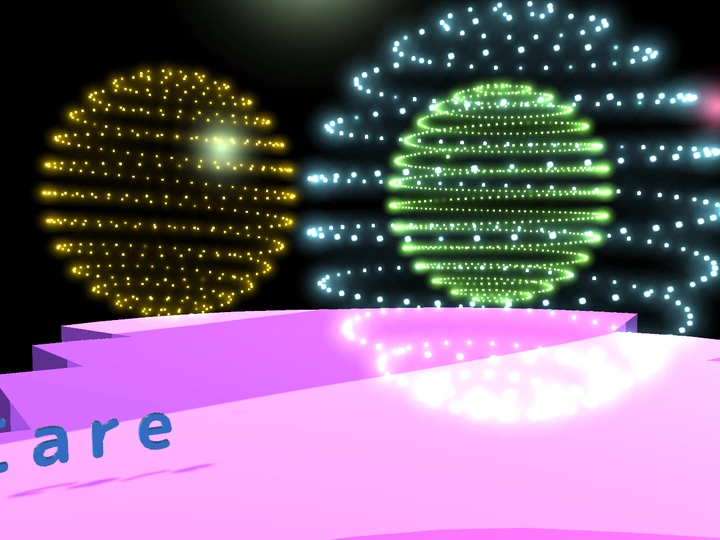glitch commons: a queer feminist urban archive

I’m a cultural activist and a resource-transforming design thinker working across Europe through a lens of periphery, marginality and translocal solidarity. My background includes multimedia storytelling, social design and entrepreneurship, and I co-founded Oyoun, a Berlin-based centre for decolonial, queer*feminist cultural practice. From 2020 to 2024, I helped shape over 80 artistic-activist projects as transdisciplinary investigations into caste/class disobedience, climate grief, care and post-digital ignorance among many others.
My current practice touches on urban and digital justice, care practices and alternative economies. Since 2024 I co-facilitate FundAction, a European activist-led grantmaking community. My work explores how experimental infrastructures can sustain pluralist imaginaries. I’m especially interested in "glitch" dominant narratives as both an archival tactic and spatial method by fostering co-designed, reflexive and joyfully messy experiments in collective worldbuilding. This work builds off my MA thesis in Communication for Development (Malmö University), where I explored how marginalised indie game designers contribute to social movements and postcolonial memory-making. I followed my research with a creative endeavour somatically guiding marginalised creatives in creating content to both critique and imagine thoughts on liberatory urban futures through wandering across an abstract digital world.
I was born in the former GDR and raised in a family shaped by both artistic resistance and communist commitments to public good. That legacy informs my continued interest in collective economies, commoning and cultural disobedience. I draw from East German traditions that viewed infrastructure as shared resource, while also acknowledging the system’s failures. This tension continues to guide my search for transformative, care-based, community-led alternatives across borders, particularly in post-socialist and post-colonial urban contexts.
Through the lens of anti-monumentalism and glitch feminism, "Glitch Commons" explores the intersections of urban planning, memory and resistance via speculative design and queer spatial practice. Drawing on my experience co-founding Oyoun, a Berlin-based intersectional cultural space and its predecessor - cultural neighbourhood hub be'kech, and my current work in cultural research and resource activism, the project proposes a digital-physical archive of urban desires and refusals. It builds on methodologies I developed during my CIRCE Fellowship around intersectional digital urban futures and my MA thesis "The Activist's Game" (Malmö University), which examined marginalised digital game designers as agents of social justice.
The project assembles an evolving collection of artistic-activist contributions from S/FLINTA* creatives across Europe, visualising pluralist urban futures beyond cis-heteronormative, colonial and capitalist design regimes. While I am not an urban planner nor a somatic practitioner myself, my work consistently engages with both fields through collaborations with urbanists, digital rights advocates and somatic experts in co-developing and -facilitating liberatory methods. "Glitch Commons" is not a finalised work but an invitation to co-create merging mapping techniques, situated storytelling, embodied practice and speculative tactics. My practice employs an antidisciplinary methodology rooted in critical race, queer and feminist theory eager to awaken ancestral and relational ways of thinking and making. By embracing the glitch as generative rupture, this project unearths care-led modes of spatial remembrance and resistance.